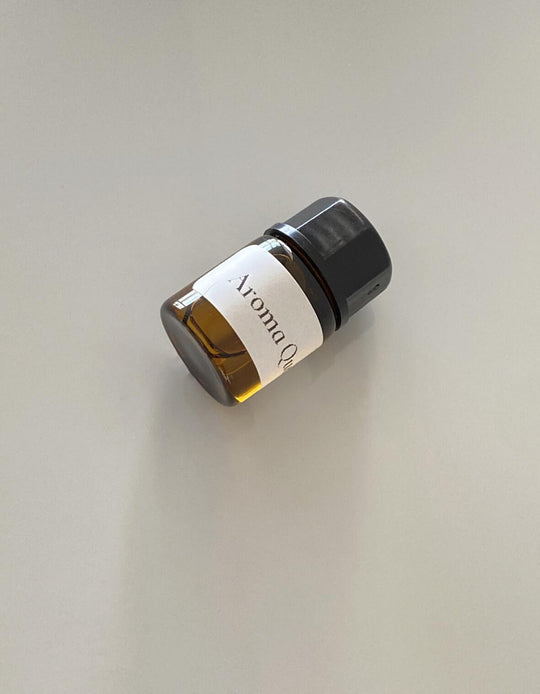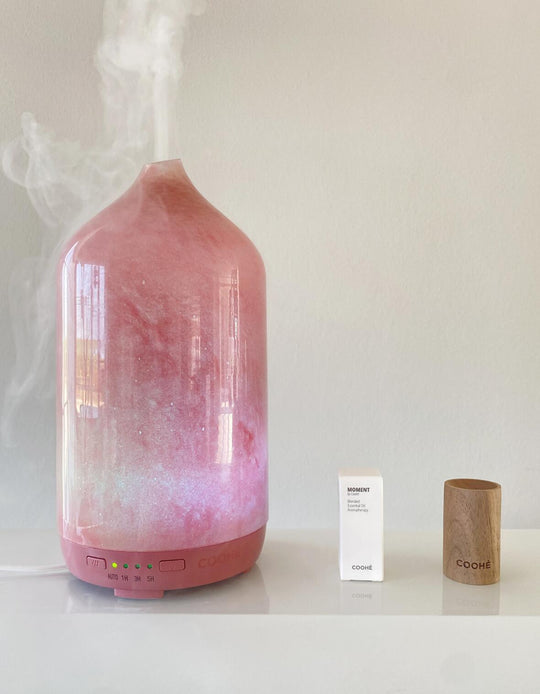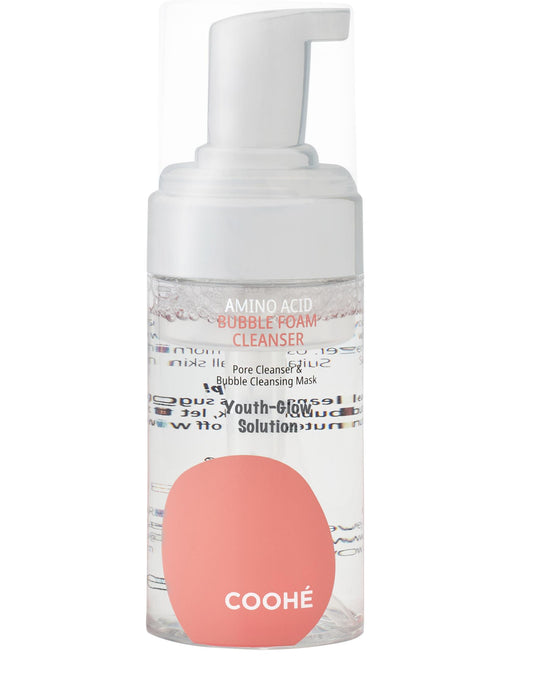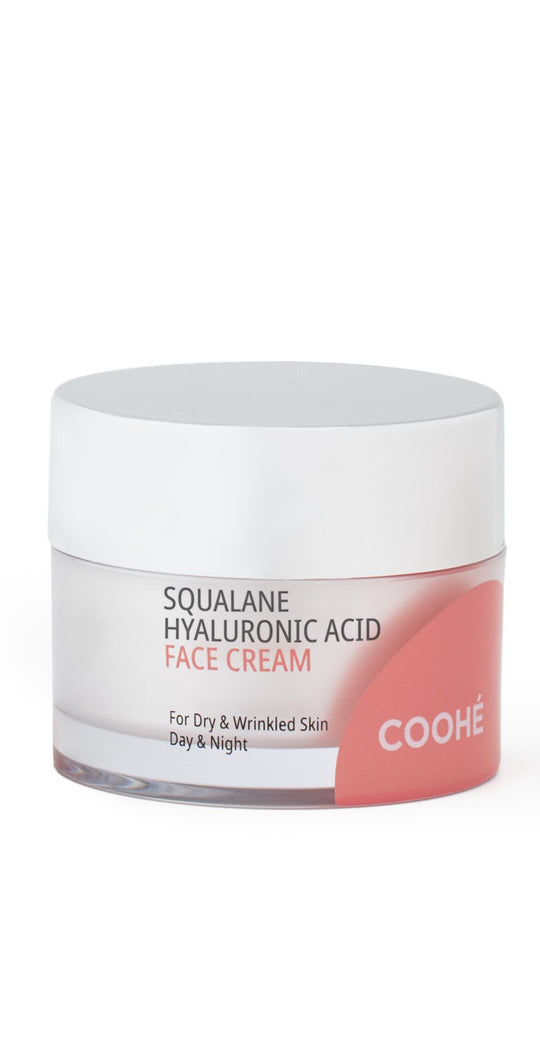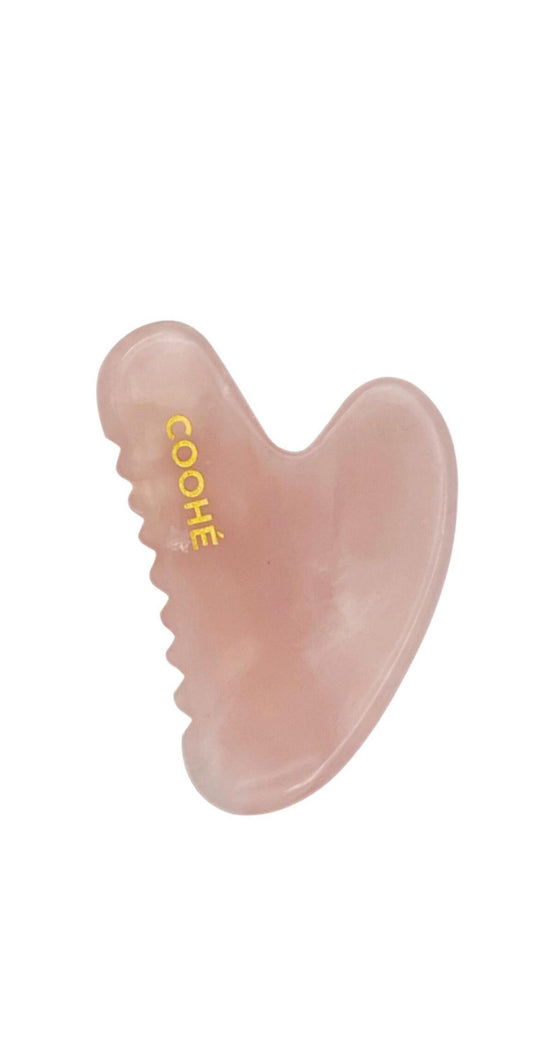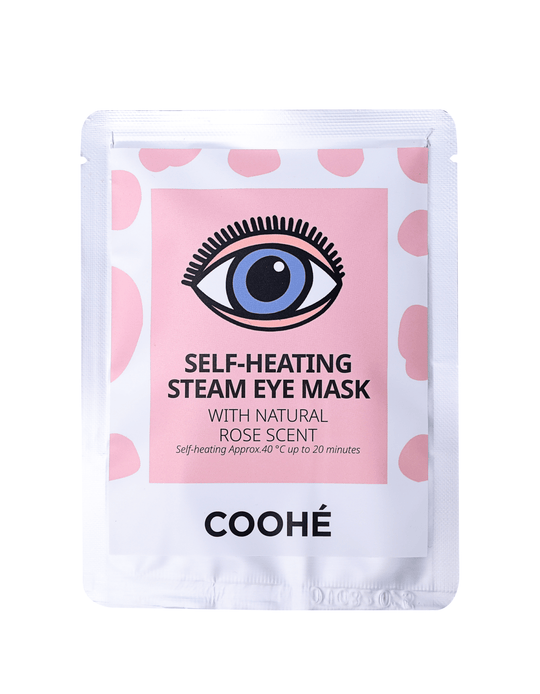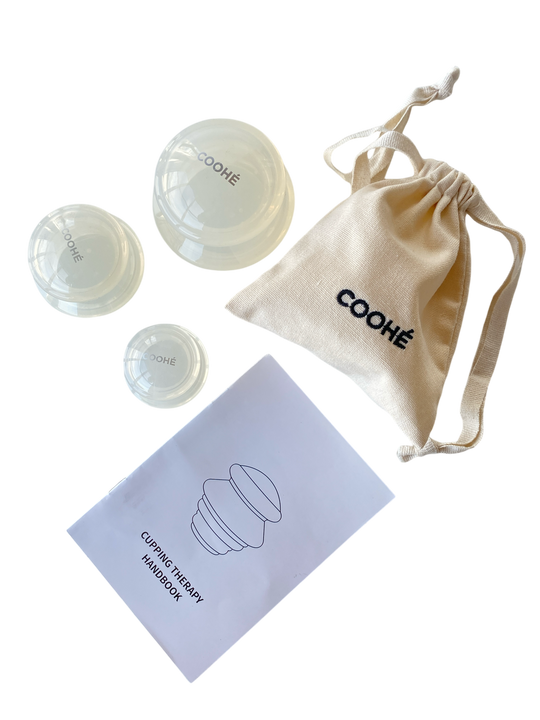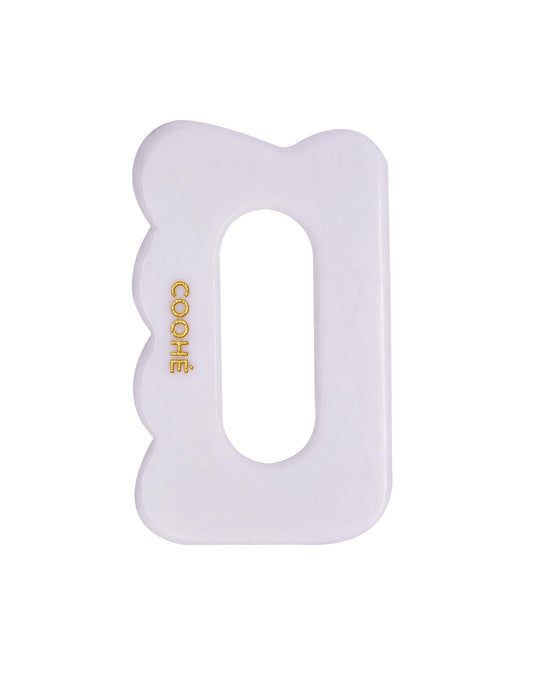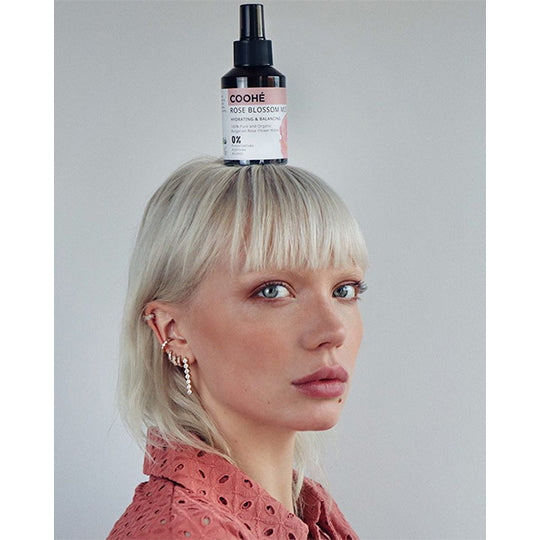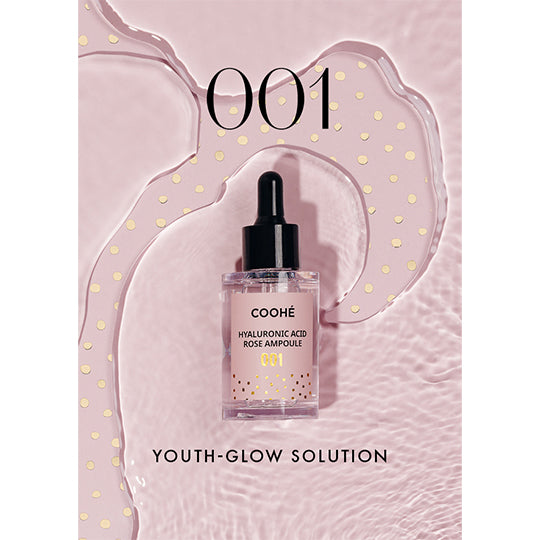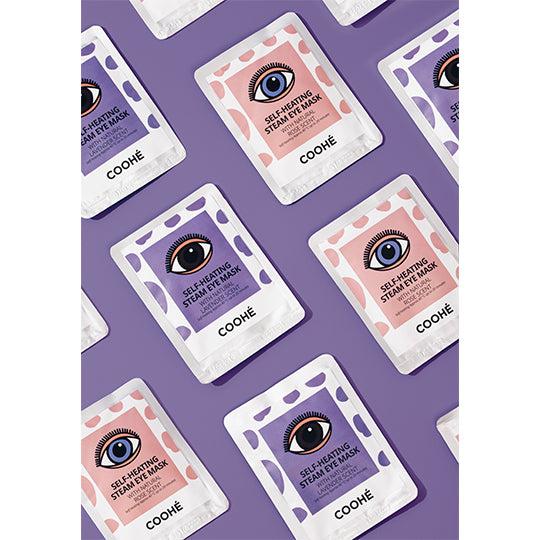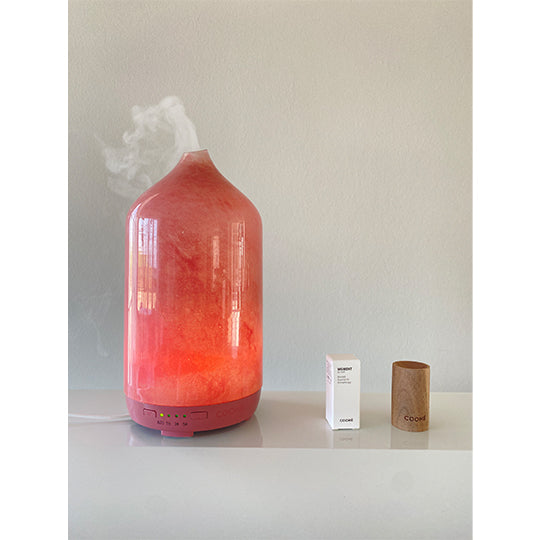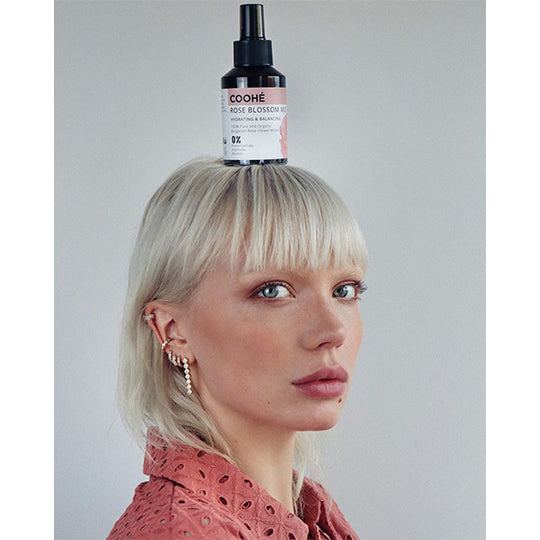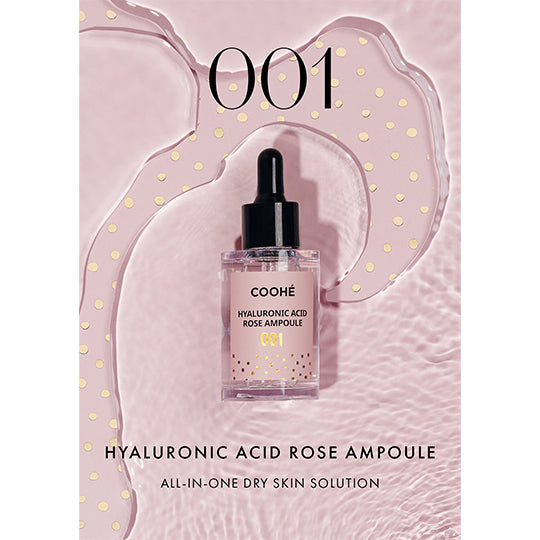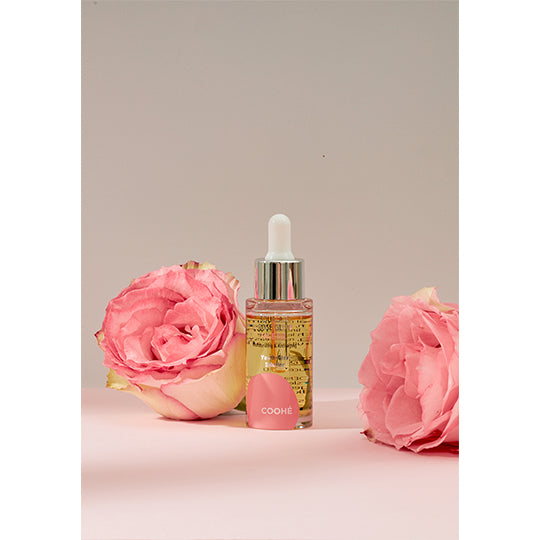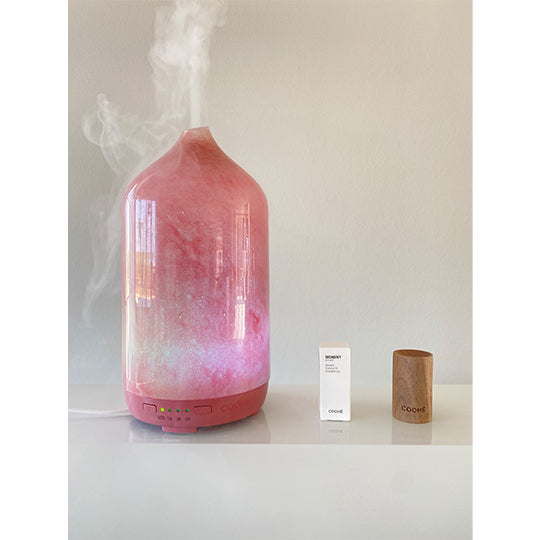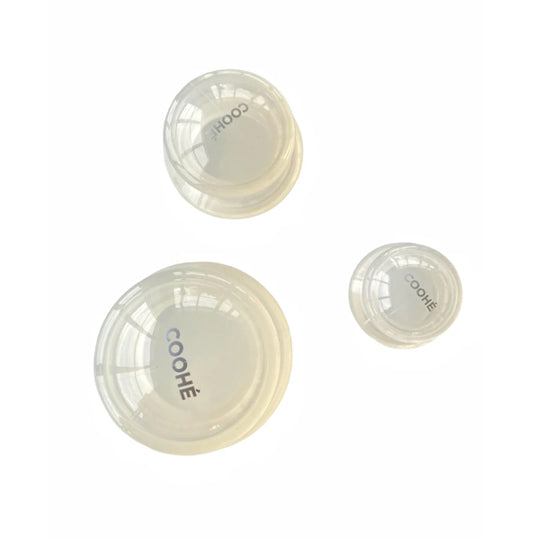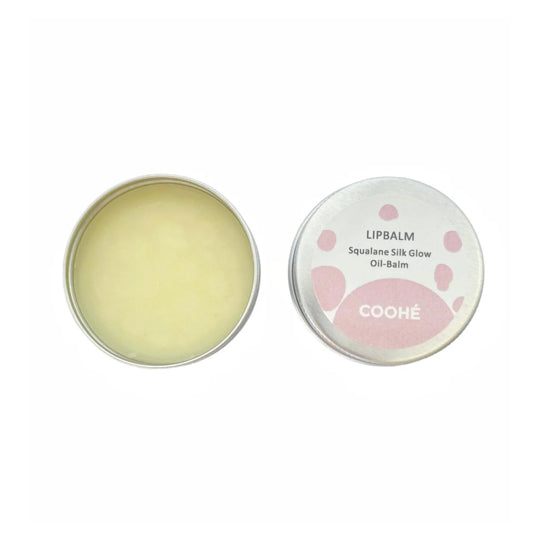How to Take Care of Acne Prone Skin

We all know how frustrating it can to dealing with acne-prone. You finally see it clearing up, and there is a new pimple. Acne is not just a teenage rite, and it can continue into adulthood. With a combination of the right skincare routine and lifestyle, you can learn to control your acne, and it is possible to feel more confident and comfortable in your skin. In this blog, we will provide you deep guide on how to take care of acne-prone skin.
If you are dealing with random breakouts or consistent acne, it is important to realize that you are not alone, and your skin can improve. There are so many products and suggestions out there, it can be confusing. To help you, we have simplified it into steps, using clear and simple language to create a routine that is appropriate for your skin type and daily lifestyle.
What is Acne-Prone Skin?
Before we get into the skincare routine for acne-prone skin, it is important to understand what it means to have acne-prone skin.
Acne-prone skin is the skin that will more often than not break out in a variety of blemishes. This happens when the pores become occluded by oil, dead skin cells, and bacteria that are found on and in the skin. From hormonal fluctuations, stress, diet, and even your skincare products, many factors can lead to acne. Some common, but not comprehensive, types of acne are: whiteheads, blackheads, pimples, and cystic acne (in more severe cases).
Steps to Take Care of Acne Prone Skin
1.Cleansing Gently
It can not emphasize this enough as the first and most crucial step in any skincare process. It is required, especially if you are prone to acne and breakouts.
- Move to a gentle and non-comedogenic cleanser (meaning think of it as a product that will not clog pores).
- Make sure to wash your face twice daily - once upon waking and before bed.
- Avoid harsh soaps, scrubs, and cleansers containing exfoliating beads and micro-abrasives; these types of cleansing products will erase and strip your face of its natural sebum and can contribute to further acne development.
- Use lukewarm water and NOT hot water, which can irritate the skin.
2. Use a Moisturizer
Many acne-prone individuals believe that using moisturizers makes their oily skin feel greasier; here is where you can make a serious mistake.
- Find an oil-free, non-comedogenic Moisturizer.
- Use an oil-free gel or a lightweight lotion instead of thick creams/lotions.
- Dry skin can lead to an overproduction of sebum, causing even more blended and clogged pores.
3. Exfoliation The Skin
Exfoliating can help to clear dead skin cells, which contribute to blocked pores, but over-exfoliating can irritate the skin further and worsen breakouts. By using chemical exfoliants, like salicylic acid or glycolic acid, 2-3 times a week can help with mania!
4. Use Acne Treatments
There are numerous products available that can help to treat acne breakouts! Some of the best active ingredients are:
Benzoyl Peroxide - Destroys acne-causing bacteria.
- Salicylic Acid - Unclogs pores.
- Niacinamide - Decreases redness and inflammation.
- Retinoids - Increase cell turnover and decrease clogged pores.
5. Use Sun Protection
Many acne treatments can make your skin more sensitive to the sun. Overexposure can darken the pigmentation of your acne scars and hinder the healing process. You must always wear broad-spectrum sunscreen of factor 30 or higher. There are specific sunscreens that are made for acne skin or are non-comedogenic. Gel or fluid-based sunscreens tend to be lighter and better for oily skin.
6. Do Not Touch Your Face
As hard as it can be, to not touch your face is essential. Touching your face transfers oil, bacteria and dirt from your hands to your skin throughout the day. Try to avoid popping your pimples too! This can lead to further inflammation, scarring, and even infection.
7. Keep Hair Products Away From your Face.
- Hair oils, gels, and hair sprays, etc., can clog pores where your forehead and hairline are.
- You should wash your hair regularly, especially if it is oily.
- Do your best to avoid letting your hair touch your face.
If you exercise or sweat a lot, wash your hairline and face afterward.
8. Be Aware of Your Diet.
There is no "diet for acne" that works for everyone. However, certain foods trigger breakouts in certain people.
You may consider limiting the dairy products or foods with a high glycemic index, such as white bread, sugar, chips, etc.
Instead try to eat more fresh fruits, fresh vegetables, whole grains, and foods that are full of omega-3s like fish and walnuts.
9. Do Not Take Stress
Stress cannot be a actual cause of acne, but it can exacerbate flare-ups by increasing the natural hormone levels that stimulate oil glands. You should practice yoga, meditation, walking, or listening to music. Make sure to have average 7–8 hours of quality sleep every night.
10. Take Help from a Dermatologist
You can take the help of a dermatologist if your acne is painful, or does not improve with over-the-counter treatments. A dermatologist can prescribe stronger treatments or identify other issues at play, such as a hormonal imbalance.
Some of the common professional treatments you might be offered include:
- Retinoids (prescription strength)
- Antibiotics (oral or topical)
- Hormonal therapies (such as birth control or spironolactone)
- Chemical peels and laser therapy.
Final Tips to Take Care of Acne Prone Skin
- Make sure to change your pillows and face towels regularly.
- Wipe your phone screen often, and remember, your phone comes into contact with your face.
- Try not to change products very often. Use a product and routine for at least a couple of weeks before assessing how it worked.
- Take care of your skin, it takes time to heal and improve.
Conclusion
Skincare for acne-prone skin is not about a magical formula, but when you learning about your skin, choose gentle products, and develop a routine. With the right routine, good habits, and a little bit of patience, it is possible to achieve clearer and healthier skin!
As a reminder, everyone's skin is different, which is why routine may not work for you. If your acne is impacting your confidence or is not getting better, do not hesitate to seek professional help. Your skin deserves the best!
Frequently Asked Questions (FAQs)
1. Can oily skin cause acne?
Yes. Oily skin produces excess oil (sebum) that can clog your pores and result in breakouts. But with good cleansing and a good skincare routine, you can keep it under control.
2. Can I treat my acne with natural remedies?
There are some natural products, such as tea tree oil or aloe vera. This product can be helpful with mild cases of acne, but the effectiveness depends on the individual's skin. It is best to do a patch test and speak to your dermatologist before taking any product.
3. How much time does it take to see the results from a new skincare product?
It takes a good 4 to 6 weeks to see the result and changes in your skin. Be patient and stick to your routine.
4. Is make-up bad for acne-prone skin?
Make sure to choose non-comedogenic, oil-free, and fragrance-free makeup. Also, be diligent about removing your makeup at night and cleaning your makeup brushes regularly.

